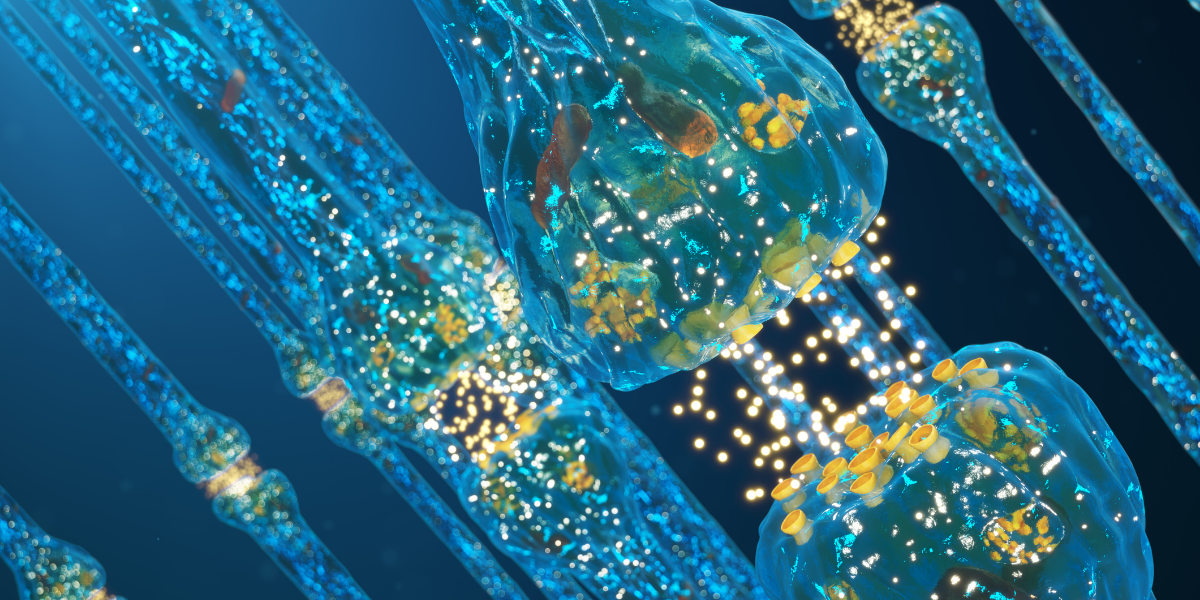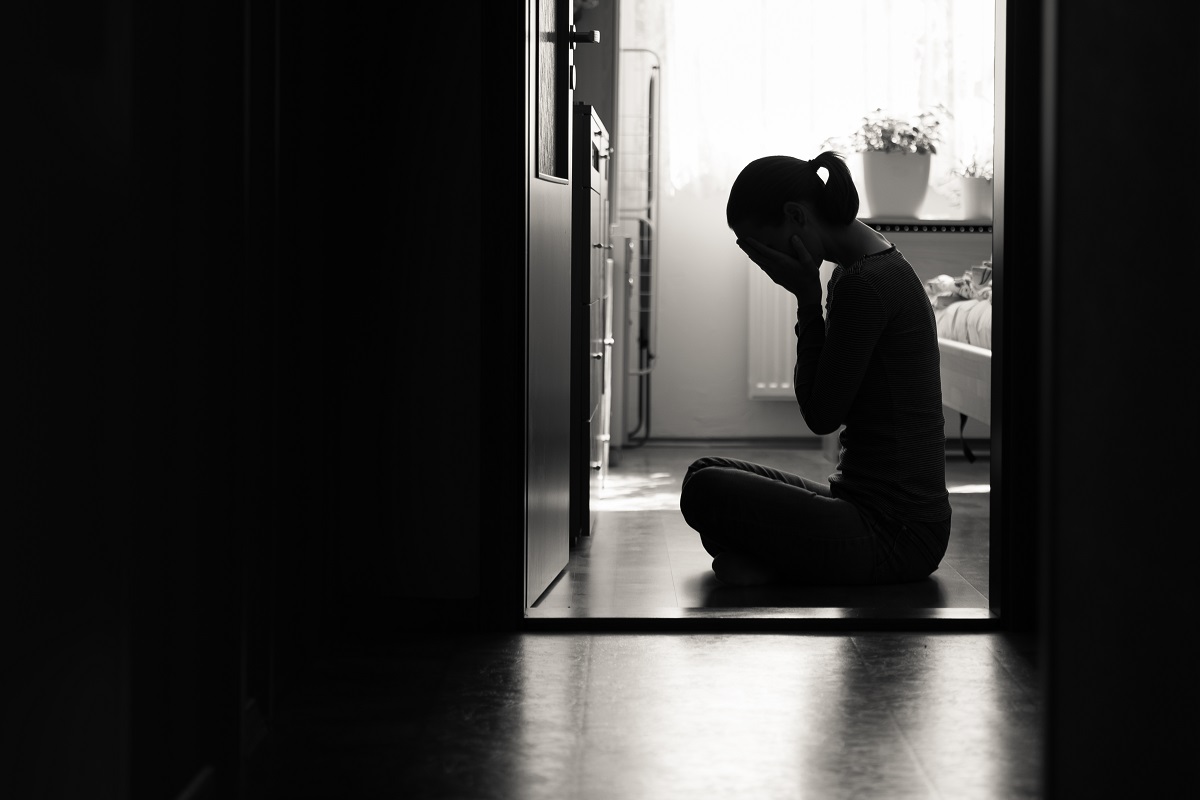What Is Persistent Depression (Dysthymia)?
August 15, 2022
Persistent depression (persistent depressive disorder), formerly known as dysthymia, is a chronic type of depression characterized by prolonged bouts of depression symptoms that last a minimum of two years, with no more than a two-month gap between symptoms.(1,2,3,4) Symptoms of Persistent Depression Persistent depression shares the same symptoms as major…









